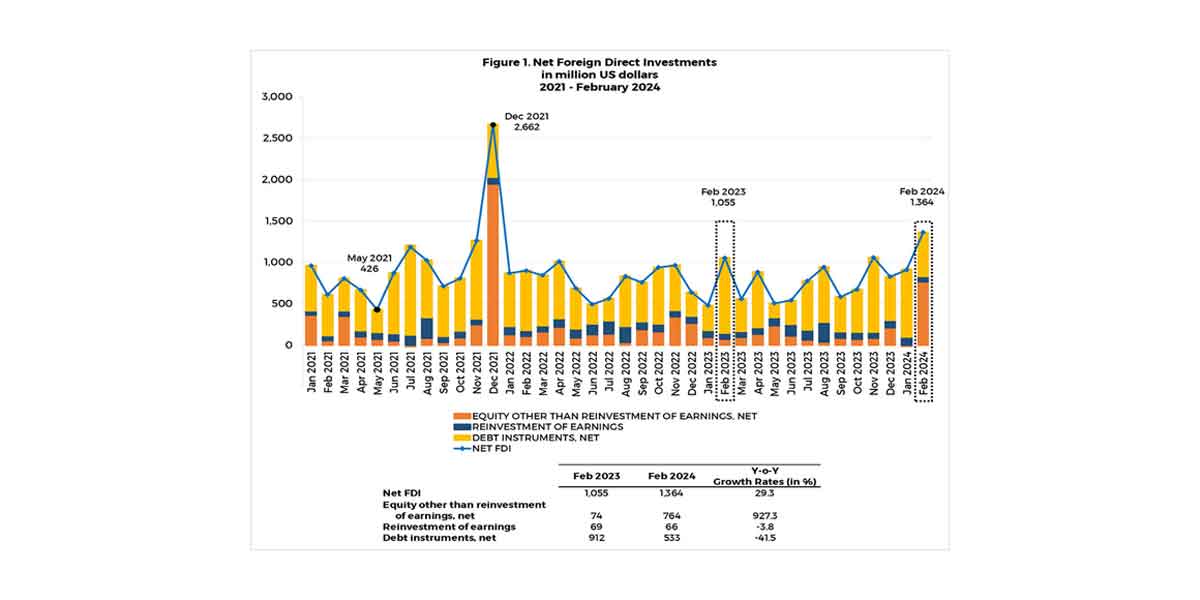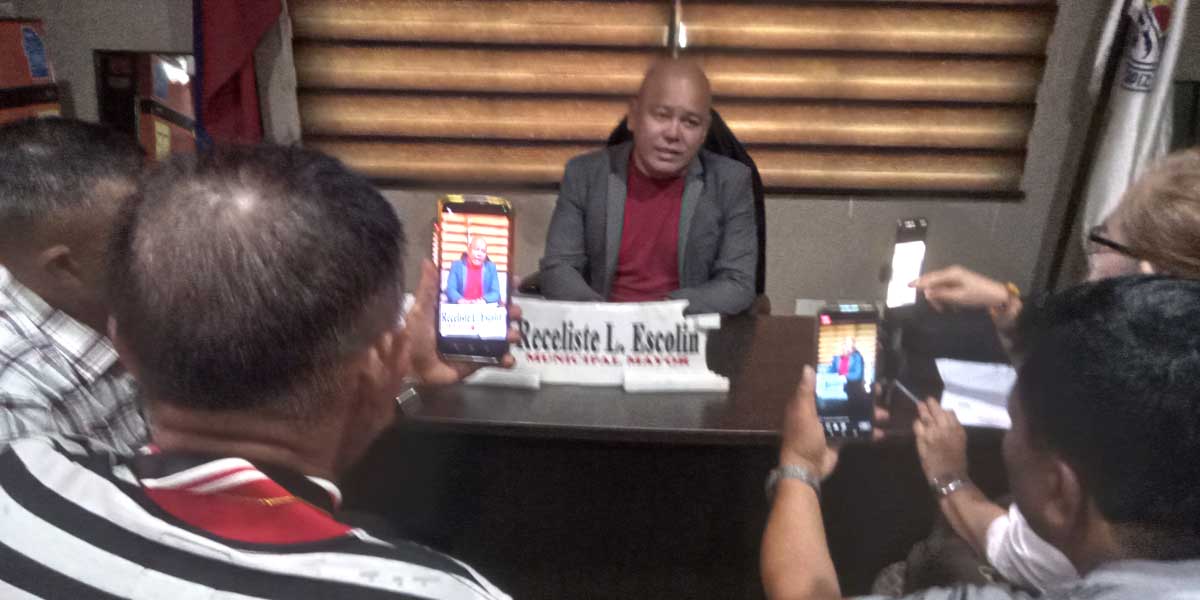By Klaus Döring
Clues to the state of your mental health may be hiding in plain sight – in the tweets you send and the Facebook updates you post. There it is in your Facebook timeline or Instagram gallery – a digital footprint of your mental health.
One thing is really clear: it’s not hidden in the obvious parts: the emojis, hashtags and inspirational quotes. Instead, it lurks in subtler signs that, unbeknownst to you, may provide a diagnosis as accurate as a doctor’s blood pressure cuff or heart rate monitor.
However, multiple studies have found a strong link between heavy social media and an increased risk for depression, anxiety, loneliness, self-harm, and even suicidal thoughts. Social media may promote negative experiences such as: Inadequacy about your life or appearance.
For those who see social media mainly as a place to share the latest cat video or travel snap, this may come as a surprise. It also means the platform has important – and potentially life-saving – potential. Following the BBC: in the US alone, there is one death by suicide every 13 minutes. Despite this, our ability to predict suicidal thoughts and behavior has not materially improved across 50 years of research. Forecasting an episode of psychosis or emerging depression can be equally challenging.
But data mining and machine learning are transforming this landscape by extracting signals from dizzying amounts of granular data on social media. These methods already have tracked and predicted flu outbreaks. Now, it’s the turn of mental health.
Studies have found that if you have depression, your Instagram feed is more likely to feature bluer, greyer, and darker photos with fewer faces. They’ll probably receive fewer likes (but more comments). Chances are you’ll prefer the Inkwell filter which converts colour images to black and white, rather than the Valencia one which lightens them.
Even then, these patterns are hardly robust enough in isolation to diagnose or predict depression. Still, they could be crucial in constructing models that can. This is where machine learning comes in.
While checking out all these details, I try to recall my last posts and reactions in social media. Maybe at this moment, you think about yours too.
Meanwhile, psychiatrists have long linked language and mental health, listening for the disjointed and tangential speech of schizophrenia or the increased use of first-person singular pronouns of depression. For an updated take, type your Twitter handle into AnalyzeWords. It’s a free text analysis tool which focuses on junk words (pronouns, articles, prepositions) to assess emotional and thinking styles. From my 1017 most recent words on Twitter, I’m apparently average for being angry and worried but below average on being upbeat – I have been pretty pessimistic about the state of the world recently.
The behaviour we exhibit online can be used to inform diagnostic and screening tools – so the opinion of Chris Danforth, University of Vermont.
But far beyond this quick and sometimes amusing scan of emotional and social styles (AnalyzeWords tells you if you’re more “Spacy/ValleyGirl” than average), researchers are exploring profound questions about mental health.
Telling signals of depression include an increase in negative words (“no”, “never”, “prison”, “murder”) and a decrease in positive ones (“happy”, “beach”, and “photo”), but these are hardly definitive. Taking it a step further, researchers at Harvard University, Stanford University and the University of Vermont extracted a wider range of features (mood, language and context) from almost 280,000 tweets. The resulting computational model scored highly on identifying users with depression; it also was correct in about nine of every 10 PTSD predictions.
The ratio of positive to negative words was a key predictor within the model, says Chris Danforth, one of the researchers and Flint professor of mathematical, natural and technical sciences at the University of Vermont. Other strong predictors included increased tweet word count.
What to do with all this information? Empowerment would be a good start.
Reservations persist more broadly in this field, though, especially around privacy. What if digital traces of your mental health become visible to all? You might be targeted by pharmaceutical companies or face discrimination from employers and insurers. In addition, some of these types of projects aren’t subject to the rigorous ethical oversight of clinical trials. Users are frequently unaware their data has been mined. Yes, include me in. And -maybe- you too!
As privacy and internet ethics scholar Michael Zimmer once explained, “Just because personal information is made available in some fashion on a social network, does not mean it is fair game for capture and release to all”.
I really strongly agree: mental health exists between clinic appointments. It ebbs and flows in real time. It lives in posts and pictures and tweets. Perhaps prediction, diagnosis and healing should live there, too.
See you on Facebook, LinkedIn and Twitter. Or email me: doringklaus@gmail.com or just visit my www.germanexpatinthephilippines.blogspot.com or -my relaxing place- www.klausdoringsclassicalmusic.blogspot.com .





















